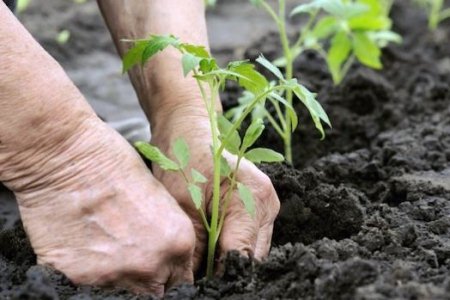Established a regional register for operators participating in projects against marginalization and social exclusion
AOSTA. Valle d’Aosta has its own law on social farms and social agriculture as a tool to enrich policies of socio-labor inclusion, fight against marginalization, and support for people living with disabilities.
With the vote in favor of the entire regional council, a bill was approved today born from an initiative of the Lega VdA group and perfected in the Commission with a work of comparison and synthesis of the various political sensibilities. The law establishes the regional register of social farms that will be recognizable thanks to a logo. Agricultural enterprises and cooperatives recognized as social farms will be able to benefit from forms of administrative simplification and also from support from the Region in the context of programs dedicated to agricultural development and social policies.
The speaker of the minority of the law on social farms Andrea Manfrin, leader of the Lega VdA, explained: “Social agriculture is nothing more than the new and most advanced expression of the multifunctional role of agriculture: agricultural activity thus becomes capable of to generate benefits for vulnerable or disadvantaged sections of the population, giving rise to innovative services that can also constitute an effective form of response to the crisis of traditional social assistance systems. The expression “social agriculture” – he added – has its roots in what is the very essence of agricultural activity, in the forms of solidarity and in the values of reciprocity, gratuitousness and mutual help that have always characterized rural areas ” .
For the majority, Corrado Jordan parent company of VdA Unie stressed that agriculture combines “the traditional function of producing food goods with the ability to generate services capable of giving rise to values of public utility, creating benefits for and from vulnerable groups. or disadvantaged: therapy and rehabilitation of people with disabilities, work placement and social inclusion of disadvantaged people, offer of educational, cultural, support services to families and educational institutions. We believe – Jordan continued – that with this provision it is possible to encourage the development of projects capable of being part of the territorial regional socio-health planning ».
Clara Rossi
.

